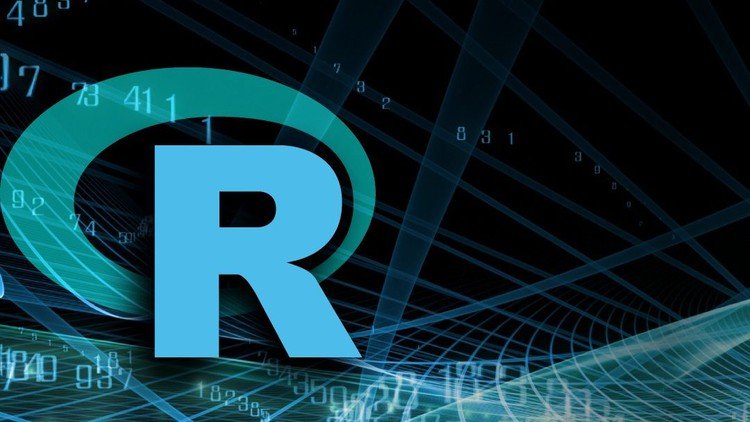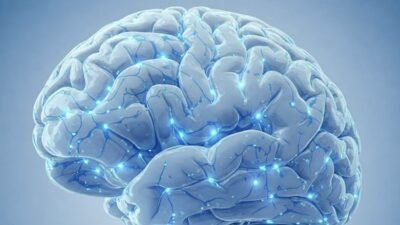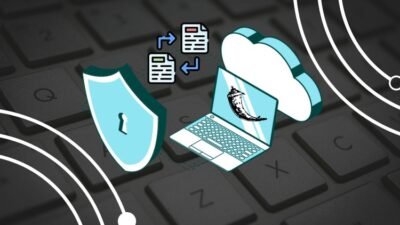If you’re delving into the world of research and want to harness the power of R for data analysis, look no further than the "R for Researchers: From Basics to Advanced Analysis" course on Udemy. This comprehensive program is designed to guide you through the fundamentals and help you develop advanced skills in R programming tailored for research purposes. Here’s a detailed review to help you determine if this course is the right fit for you.
What you’ll learn
This course equips you with a robust toolkit to tackle various statistical analyses and data manipulation tasks. Here are the key skills and technologies you can expect to master:
- R Basics: You will start with fundamental concepts, such as data types, structures, and fundamental programming constructs (loops, functions, and conditionals).
- Data Manipulation with dplyr: Gain proficiency in this powerful package to filter, mutate, and summarize your datasets efficiently.
- Data Visualization with ggplot2: You will learn how to create compelling graphics that help illustrate your findings clearly and effectively.
- Statistical Analysis: The course covers essential statistical methods, including t-tests, ANOVA, and linear regression, giving you the tools to draw meaningful conclusions from your data.
- Advanced Techniques: As you progress, you will explore more complex topics such as model diagnostics, data wrangling, and basic machine learning concepts, ensuring you’re well-prepared for any research challenge.
- Reproducible Research: Understanding how to document your analysis and create reports using R Markdown is also part of the curriculum, promoting best practices in research.
Requirements and course approach
Before enrolling in the course, it’s important to note that while prior knowledge of R is beneficial, it isn’t strictly necessary. A keen interest in learning and a basic understanding of statistics will enhance your experience.
The course is structured in a clear, incremental manner, beginning with the basic principles of R and moving towards advanced topics as you progress. Each section is enhanced with practical examples, quizzes, and assignments, fostering a hands-on learning approach. You’ll also find community support and resources that encourage collaboration and discussion, making the learning process more interactive.
Who this course is for
This course is ideal for:
- Beginner Researchers: If you’re just getting started with statistical analysis or programming, this course provides a solid foundation.
- Intermediate Learners: Researchers who have basic knowledge of R but want to elevate their skills to analyze data more effectively will find advanced techniques particularly beneficial.
- Students and Academics: Whether you are in academia or a student navigating research projects, mastering R will enhance your analytical capabilities.
- Professionals in Data Science: Anyone looking to apply R in a professional context for data analysis and visualization will find this course invaluable.
Outcomes and final thoughts
Upon completing this comprehensive course, you will emerge with the confidence to operate R fluently, conduct various statistical analyses, and visualize your data effectively. Not only will you become adept at handling real-world datasets, but you’ll also improve your research quality through reproducible and well-documented analyses.
In conclusion, "R for Researchers: From Basics to Advanced Analysis" is a valuable investment for anyone looking to deepen their understanding of data analysis in research. With its practical focus and a supportive learning environment, this course is sure to enrich your research skill set and prepare you for the challenges ahead. Don’t miss the opportunity to elevate your analytical capabilities – get started on your R journey today!




